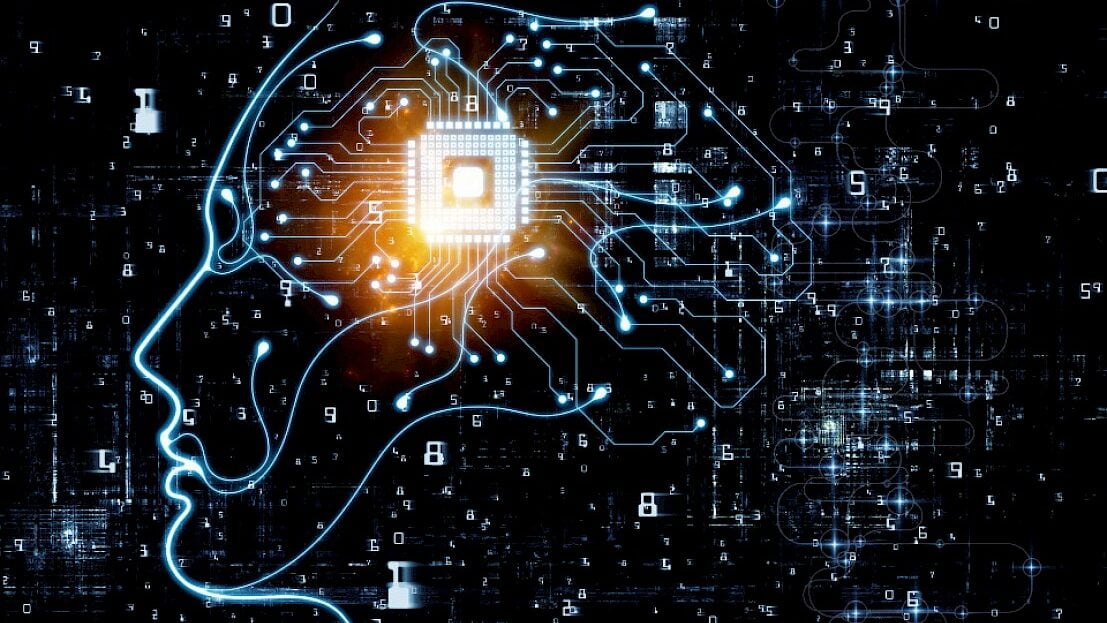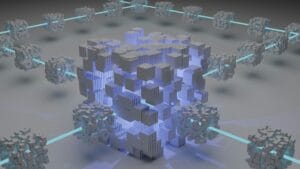
The Unmatched Complexity of the Human Brain
The human brain, one of the most extraordinary human miracles, stands as one of the most extraordinary achievements of biological engineering, showcasing an intricate design that far surpasses any man-made system. Comprising approximately 86 billion neurons interconnected by trillions of synapses, the brain exhibits a level of complexity that remains unmatched by modern science. These neurons and synapses form vast neural networks that enable the brain to process information, regulate emotions, and store memories with remarkable efficiency.
Despite significant advancements in artificial intelligence and computing, the human brain’s ability to perform parallel processing, adapt to new information, and exhibit emotional intelligence has yet to be fully replicated. The brain’s unique architecture allows it to execute tasks with a level of sophistication and energy efficiency that current AI systems cannot achieve. For instance, while computers excel at performing predefined, repetitive tasks, the human brain’s capacity for creativity, intuition, and learning from minimal data continues to set it apart.
Current research in neuroscience and cognitive science is making strides toward understanding the brain’s unparalleled capabilities. Scientists are utilizing advanced imaging techniques, such as functional MRI and electrophysiology, to map brain activity and gain insights into its operational mechanisms. This research is not only expanding our knowledge of cognitive functions but is also fostering innovations in artificial intelligence. By mimicking neural processes, AI researchers aim to develop more adaptive and efficient algorithms, yet the full replication of the brain’s functionality remains a distant goal.
Moreover, interdisciplinary efforts are merging neuroscience with technology, leading to groundbreaking developments in brain-computer interfaces and neuroprosthetics. These innovations hold the promise of enhancing human capabilities and treating neurological disorders, further underscoring the brain’s role as a source of inspiration and a frontier for scientific exploration.
Ultimately, the human brain’s complexity and efficiency exemplify a natural miracle that continues to challenge and inspire scientific endeavors. While we have made considerable progress in decoding its mysteries, the brain’s full potential and intricacies remain a testament to the wonders of biological innovation.
The Ingenious Human Immune System
The human immune system stands as one of the most profound human miracles, exemplifying a complex and highly adaptive defense mechanism that safeguards our bodies against an array of pathogens. At the core of this system are several key components, each playing a critical role in maintaining our health. White blood cells, for instance, are the frontline soldiers in our body’s defense, patrolling the bloodstream to identify and neutralize foreign invaders such as bacteria, viruses, and other harmful microorganisms.
Complementing the activity of white blood cells are antibodies, specialized proteins that recognize and bind to specific antigens, marking them for destruction. This sophisticated tagging system ensures that pathogens are efficiently targeted and eradicated. Additionally, the lymphatic system acts as a crucial network of vessels and nodes that filter out pathogens and facilitate the movement of immune cells throughout the body.
One of the most remarkable aspects of the immune system is its ability to learn and remember pathogens. This adaptive capability allows the immune system to respond more rapidly and effectively upon subsequent exposures to the same pathogen, a phenomenon known as immunological memory. This feature remains a significant challenge for synthetic biology, which has yet to replicate the immune system’s dynamic learning and memory processes.
Understanding the intricacies of the immune system has led to groundbreaking advancements in medical research. The development of vaccines, which prime the immune system to recognize and combat specific pathogens, stands as a testament to our growing knowledge in this field. Similarly, immunotherapies leverage the body’s own immune mechanisms to fight diseases, offering promising treatments for conditions such as cancer and chronic infections. Moreover, research into autoimmune diseases, where the immune system erroneously targets the body’s own tissues, continues to yield insights that could revolutionize how we approach these complex disorders.
The exploration of the human immune system not only highlights the extraordinary capabilities inherent in human biology but also underscores the potential for future innovations in medicine. This ongoing journey into understanding one of our most vital systems reaffirms the awe-inspiring nature of human miracles.
The Miracle of Human Consciousness
The phenomenon of human consciousness stands as one of the most profound enigmas in the realm of human miracles. Consciousness, the state of being aware and capable of introspection about oneself and the surrounding environment, continues to intrigue scientists, philosophers, and scholars alike. This unique human trait encompasses various elements such as self-awareness, perception, and the intricate mind-body connection, each contributing to the overall understanding of what it means to be conscious.
Several theories attempt to explain consciousness, yet none provide a definitive answer. Some posit that consciousness emerges from complex neural interactions within the brain, while others suggest it could be a fundamental aspect of the universe, akin to space and time. These theories highlight the intricate relationship between the brain and mind, suggesting that consciousness might be an emergent property that cannot be wholly understood by examining the brain alone.
Scientists face significant challenges in their quest to comprehend and replicate consciousness. Despite advancements in artificial intelligence and robotics, replicating the depth and richness of human consciousness remains elusive. While AI can mimic certain cognitive functions, it lacks genuine self-awareness and the subjective experiences that characterize human consciousness. This distinction underscores the complexity and uniqueness of human experience, which remains unmatched by current technological endeavors.
The implications of consciousness extend into various fields, offering rich insights and posing intriguing questions. In psychology, understanding consciousness can lead to better mental health treatments and a deeper comprehension of human behavior. Philosophy grapples with the nature of reality and existence, often centering around the conscious mind’s role in perceiving the world. Artificial intelligence and robotics seek to unravel the mysteries of consciousness to create more sophisticated and adaptive machines, yet they continually confront the gap between human and machine experience.
The Intricacy of Human Reproduction and Development
Human reproduction and the subsequent development of a new life represent one of the most intricate processes known to science. Starting with a single cell, the zygote, the journey from conception to birth involves a complex series of stages. During fertilization, genetic material from both parents merges, creating a unique blueprint for the developing embryo. This blueprint, encoded in DNA, guides the formation of every part of the body, from initial cell division to the differentiation into specialized tissues and organs.
The embryonic phase, encompassing the first eight weeks post-fertilization, is marked by rapid cell division and the formation of primary structures. The heart begins to beat, and the neural tube, which will become the central nervous system, starts to develop. Following this, the fetal stage commences, characterized by significant growth and fine-tuning of already formed organs. By the end of the third trimester, the fetus is prepared for birth, having undergone remarkable transformations that remain only partially comprehended by modern science.
Despite advances in reproductive and developmental biology, replicating these human miracles in a laboratory setting remains elusive. The interplay between genetic and environmental factors is exceedingly complex. Genes provide the instructions, but their expression is influenced by numerous variables, including maternal health, nutrition, and external environmental factors. These dynamics underscore the limitations of current scientific understanding and the exceptional nature of human developmental processes.
However, the insights gained from studying human reproduction and development have significant applications. In reproductive health, understanding these processes aids in addressing infertility through techniques like in vitro fertilization. Genetic research benefits from this knowledge by identifying and potentially rectifying genetic disorders early in development. Furthermore, developmental biology provides crucial information for prenatal care, ensuring better health outcomes for both mother and child.
In essence, human reproduction and development exemplify the wonders of biological complexity. While science continues to unravel these mysteries, the comprehensive replication of such intricate processes remains a testament to the profound marvels inherent in human life.
![Adobe Genetic engineering illustration 3.9-01 [Converted]](https://trustedpens.com/wp-content/uploads/2024/08/Genetic-Modification-300x169.jpg)






